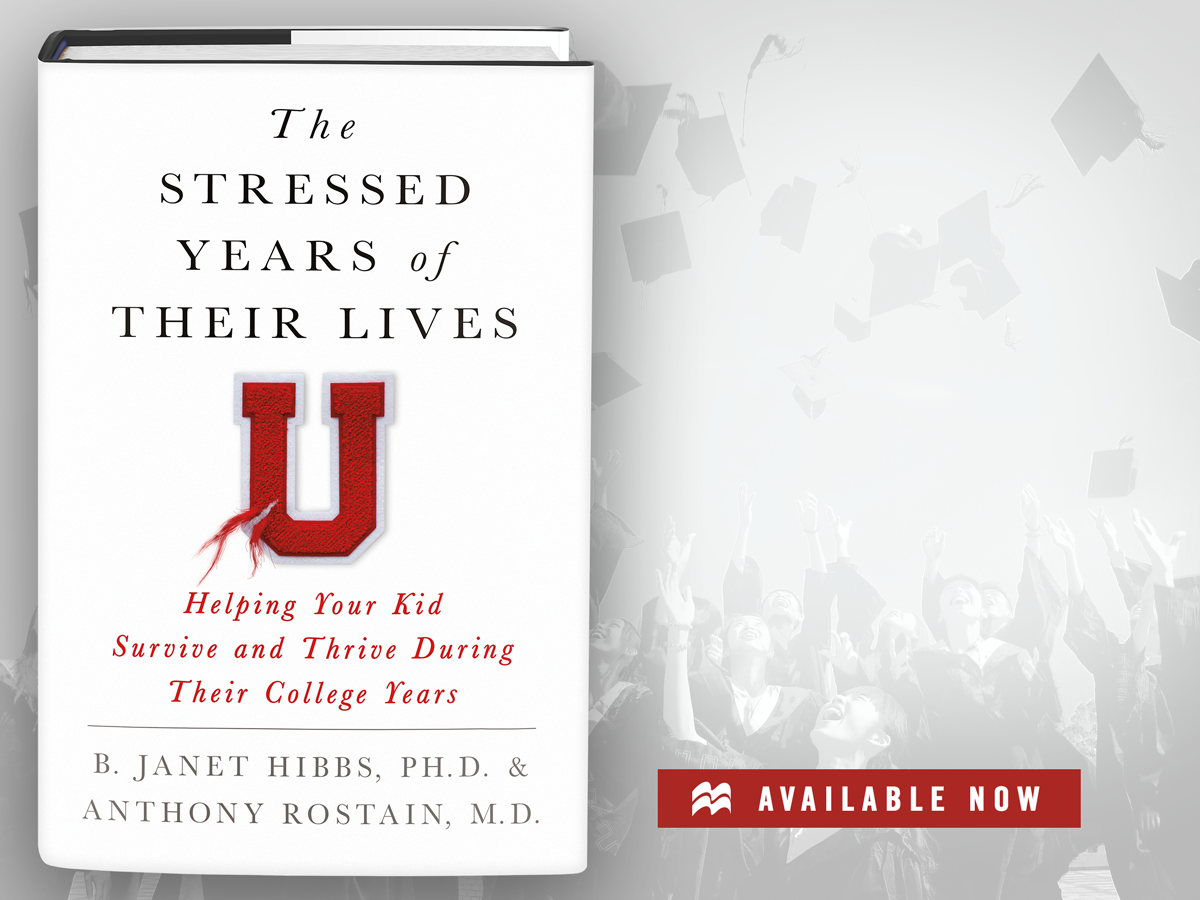Welcome to our special section, Thrive on Campus, devoted to covering the urgent issue of mental health among college and university students from all angles. If you are a college student, we invite you to apply to be an Editor-at-Large, or to simply contribute (please tag your pieces ThriveOnCampus). We welcome faculty, clinicians, and graduates to contribute as well. Read more here.
It’s finals week, and high school students across America are in the crush awaiting an appointment at the counseling office. Their top complaints of anxiety and depression are in a close race for most frequently cited problem, while the rate of “threat-to-self” (self-injury, suicidal ideation, suicide attempts) has increased for the eighth year in a row. The last 15 years have witnessed a dramatic rise of mental health conditions among teens . Despite their achievements, they’re not ready for the stressors of college. Rather than academics, social-emotional readiness is the best predictor of college success.
But how do you teach readiness? There is no AP class for this. Colleges look to parents to impart these skills. ‘Parents as partners’ is the new college mantra. Parents sigh. Really? Another task to add to the college tutorial? And what is readiness for college anyway?
Readiness is a maturational process requiring practice. Practice that eludes many talented youth, as parents swoop in to catch them before they fall; scared to let them fail; worried they’ll make bad choices that might affect their future chances. Parental anxiety, stemming from wanting the best for our kids, often gets in the way of teaching key components of readiness: conscientiousnessto own up to mistakes, resilienceto recover from bombing a test, disciplineto say no to partying, gaming and internet surfing, and yes to studying or sleeping, interpersonal skillsto “fit in,” risk management, self-awarenessto seek help when needed, and persistenceto overcome setbacks. Readiness also requires executive functioning skills, such as managing time, planning ahead and prioritizing tasks. Maturity takes practice and opportunities to learn from cringe-worthy choices. Parents can assist their child ‘s development of these life skills by ongoing conversations and acceptance that kids occasionally screw up.
Many college mental health problems are common and predictable, avoidable and resolvable. We’re optimistic that parents as partners can reinforce the emotional scaffolding for the challenges their children will face.

Subscribe here for all the latest news on how you can keep Thriving.
More on Mental Health on Campus:
What Campus Mental Health Centers Are Doing to Keep Up With Student Need
If You’re a Student Who’s Struggling With Mental Health, These 7 Tips Will Help
The Hidden Stress of RAs in the Student Mental Health Crisis


